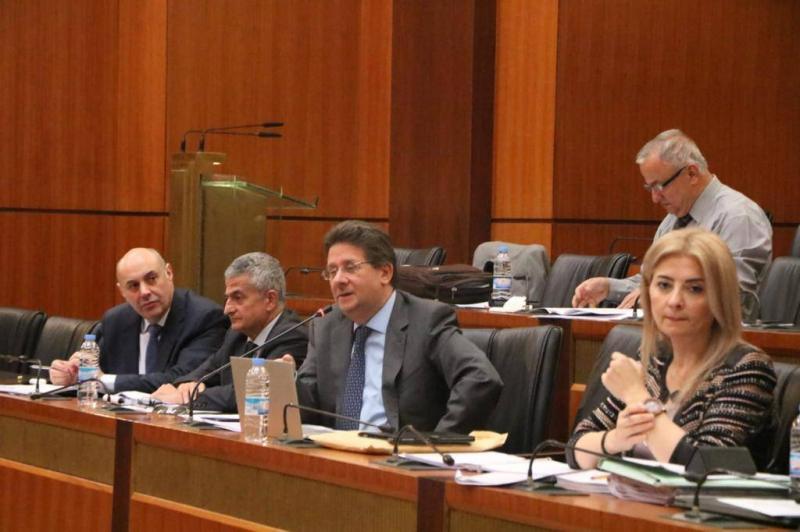Deputy Ibrahim Kanaan stated, after a session of the Finance and Budget Committee to review and approve the 2024 budget draft, that he wanted to address the media to clarify some matters. He noted that many discussions and media reports seem to overlook who originally raised concerns about the budget and characterized it as catastrophic, emphasizing the importance of a serious and substantiated critique rather than populist rhetoric.
Kanaan asserted that the committee engages in a detailed review of the budget line by line, stating, "We are doing our job completely, and we usually issue statements after each session to highlight the errors contained in the 2024 budget draft and the corrections we have made in the committee." He pointed out that actual change leading to a vote on the budget's provisions—whether negative or positive— stems from the work being conducted in Parliament and within the Finance and Budget Committee.
He added, "Today, we agreed to reject percentage and tiered increases on the tax on salaries, but this does not mean the cancellation of existing and active taxes regardless of the budget." He commented on claims that taxes on salaries and wages reduced from 4,000 billion per year to 1,000 billion, questioning how increasing rates on people would solve issues when smuggling is rampant, public funds are stuck in banks, and economic growth is non-existent.
Kanaan argued that introducing new fees and taxes cannot be done constitutionally through the budget in a random manner. He emphasized that they are dealing with a realistic and legal approach and are demanding that the government fulfill its obligations. He stated, "Introducing new taxes should be part of a comprehensive vision so that citizens know what services they will receive in return."
He reiterated that improving revenues can only be achieved through expanding the economy and implementing a sound recovery plan. Kanaan mentioned concerns about the Deposit Recovery Fund and its promised funding, emphasizing that not a single penny has been seen in this fund so far. He added that recent discussions have indicated the project is still pending in the Cabinet.
Kanaan questioned, "Why has this idea not been proposed before? Is our rejection of bypassing the issue of deposits and their recovery fund, which lacks any funding source, not justified?" He also raised concerns over the government's responsibility for sending projects to Parliament while having not adequately addressed the catastrophes presented in the 2024 budget.
He asked whether successive governments are not responsible for wasteful and corrupt financial policies that have been reported to the financial judiciary since 2010. Kanaan highlighted that the state lacks audited accounts to this day and insisted on the need for a thorough audit by an independent global company to ensure stability, restore confidence, and facilitate a genuine recovery.




